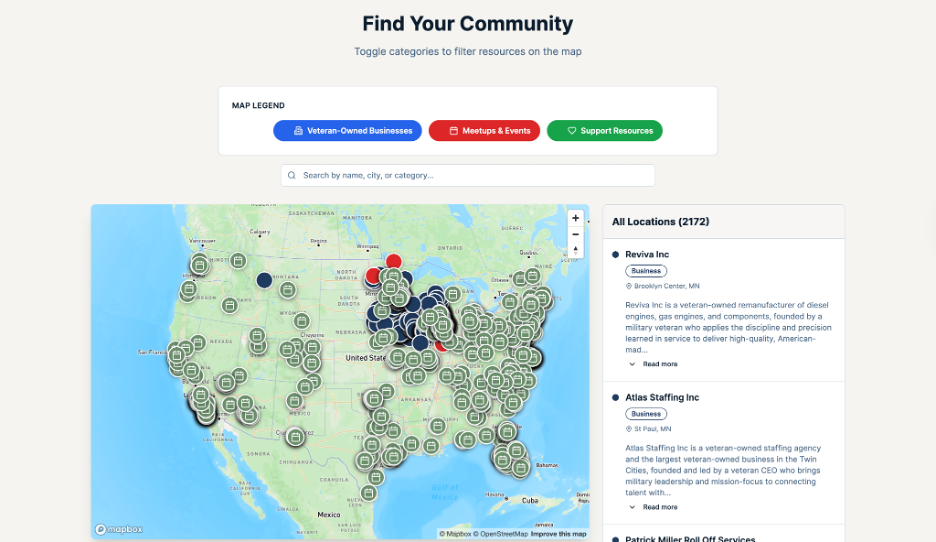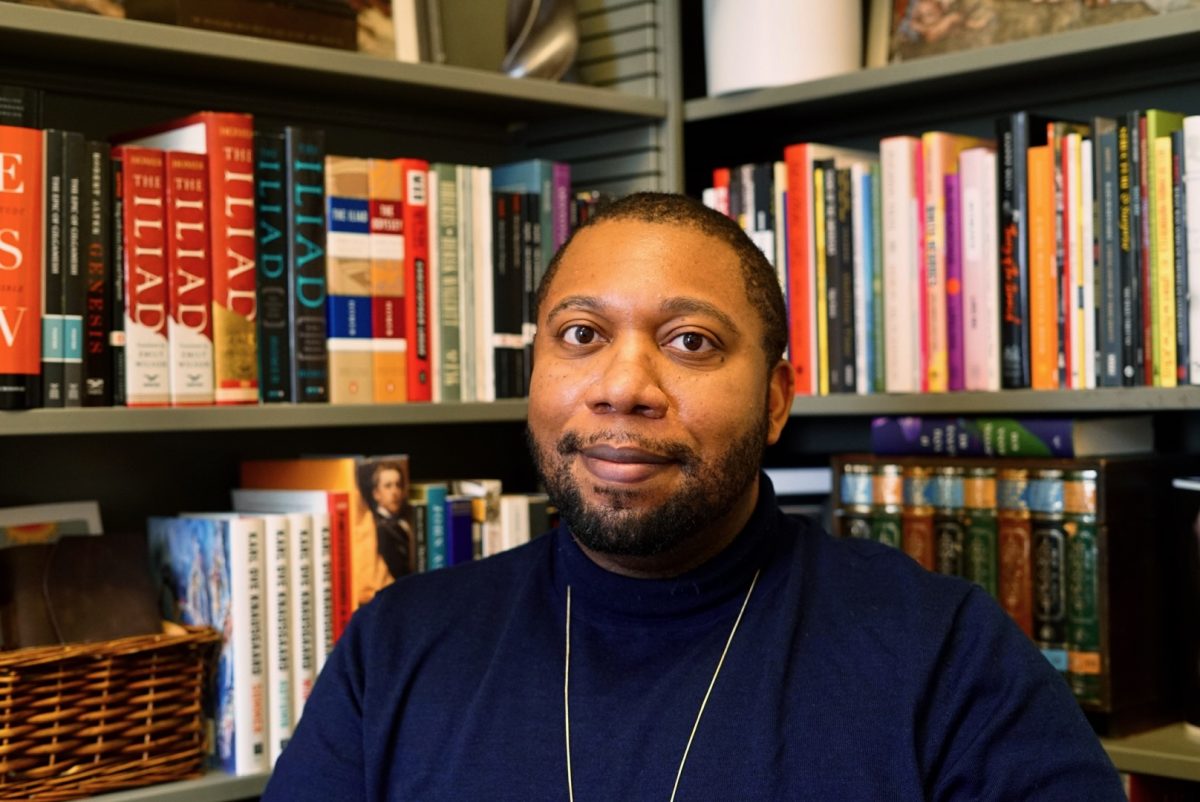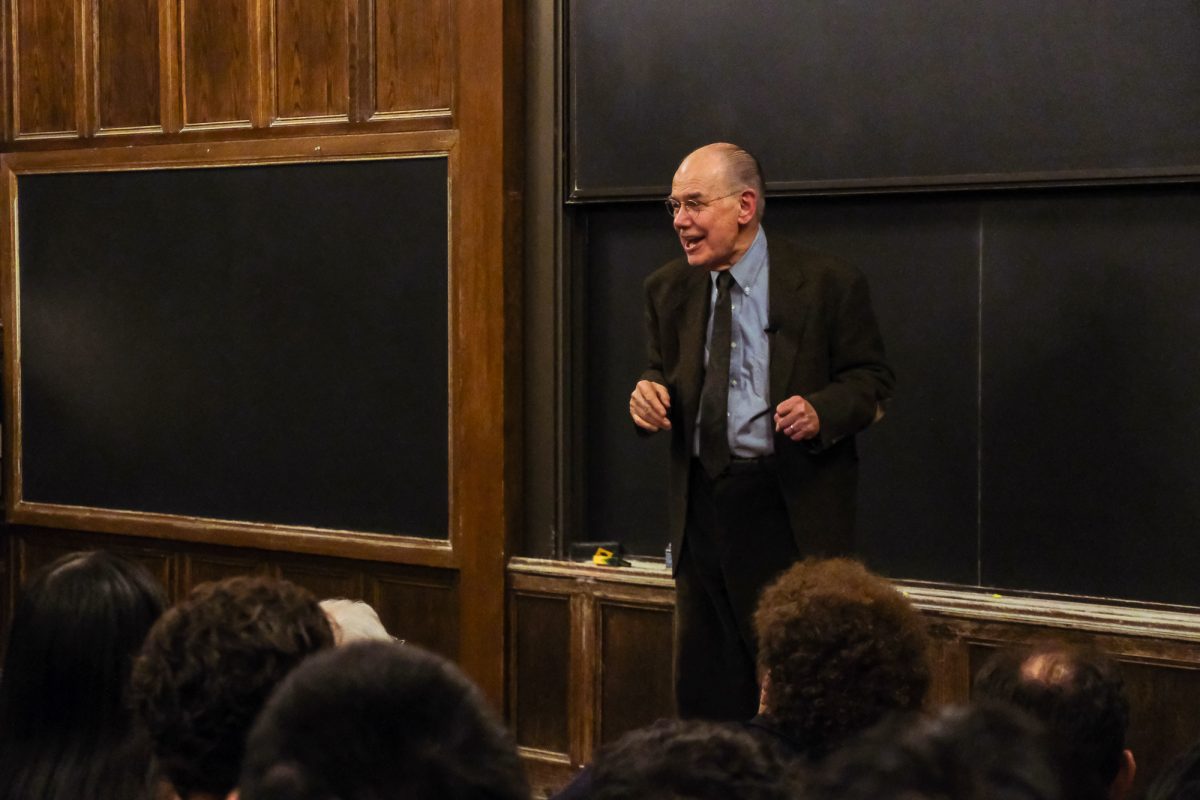The Lumen Christi Institute and the Veritas Forum hosted “What Good is Happiness? A Dialogue Between Economics and Philosophy” last Wednesday. The event featured Jennifer Frey, an assistant professor of philosophy at the University of South Carolina, and Jonathan Masur, a professor of law at the University of Chicago Law School.
Moderator David Barnes opened the discussion with the question that was running through everyone’s mind: “What is happiness?”
Frey and Masur had opposing views on many aspects of happiness, but they agreed on the notion that “everyone wants to be happy and fulfilled in their lives.”
“A hard existential question is what’s actually going to make you happy,” Frey said, adding that, according to the philosophy of Aristotle and Thomas Aquinas, “doing good” is the key. She also emphasized that happiness should be viewed as a common good. “When I say happiness is constitutive of a good life, I don’t mean good in a moral sense,” she said. “Sacrifice and suffering can be beautiful and awe-inspiring.”
Masur disagreed with Frey’s ethical conception of happiness in a good life and took a more psychological approach, acknowledging that there are many types of emotions someone might feel. “They’re all either bad or good: you want to seek out some emotions, you want to avoid some emotions,” he said.
Elaborating on the different types of happiness, Masur cited the “deep content one might get after FaceTiming close friends, or the immediate pleasure you might feel after watching a good TV show. Happiness is synonymous with pleasure.”
Masur posed the thought experiment of a runner who dedicates her entire life to the pursuit of running a marathon. She knows that she will be happy and content once she completes the marathon, so she works incredibly hard during the training process. The marathon is terrible for her and she is miserable every step of the way, but “she knows that once she reaches the end, she will experience great satisfaction.” Unfortunately, she stops dead of a heart attack as soon as she reaches the finish line. “For a hedonist like me, this is a great tragedy,” Masur said.
Frey responded with an anecdote about her own marathon experience, saying that “[she] enjoyed [her] marathon; [she] had all kinds of reasons for doing it. But a life devoted to just doing a marathon is not a good life. There must be a narrative arc and structure to our life.”
Asked where we should look for happiness, Masur responded that “getting what you want is not the same as happiness, although there is overlap. People are not good at guessing what they want.”
“Happiness is not competitive,” Frey added. “My pursuit of happiness should not detract from yours.”
Frey concluded with the point that not all happiness is immediate, and it may take effort to achieve. “Exercising and acquiring virtue will require suffering, but it is not meaningless,” she said. “If what’s guiding your life is just self-satisfaction, then you won’t know the higher joys.”







